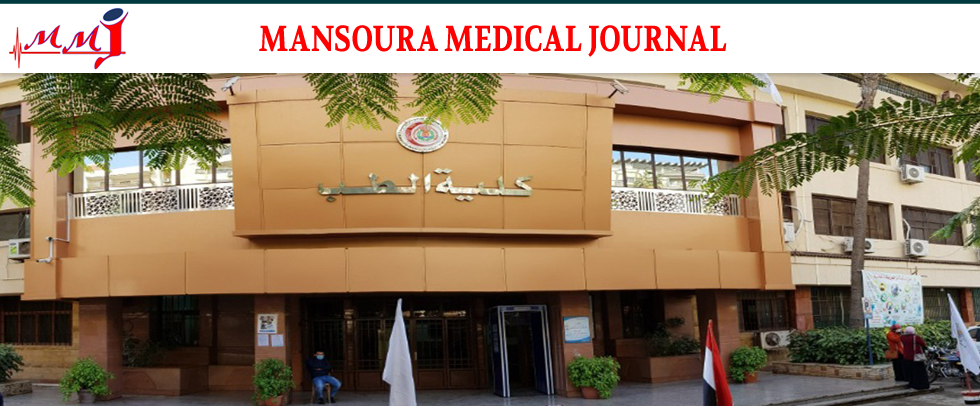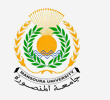Article Type
Original Study
Abstract
Background : Atopic dermatitis (AD) is an inflammatory skin disease that constitutes a significant burden to patients and their families. Parasitic infections as well are a cause of extensive morbidity in most tropical countries. Eosinophils are the predominant cells involved in these conditions. Upon activation of eosinophils by T helper 2 (Th-2) cytokines and their own mediators, they release granule proteins which can kill parasites and mediate inflammation in AD. Aim: the present study aimed to assess serum IgE and ECP and inter-leukines (IL-5 and IL-13) expression in atopic dermatitis and parasitic infection and their relation to disease activity. Subjects and methods: the present work was conducted on 45 patients, classified into group I: AD (15 patients), group II: parasitic infection (Ascraisis and Schistomiasis) comprised 15 patients and group III: parasitic infection associated with allergic skin disease. In addition, 15 healthy subjects of matched age and sex were enrolled as a reference group. Results: Serum ECP and IgE levels were significantly elevated in all studied patient groups compared to the control and in group II and III compared to group I while insignificant difference was noted between group II and III. Eosinophil percent was significantly elevated in all patient groups compared to controls, but insignificant difference was found between patient groups. Moreover, serum IgE, ECP and eosinophil percent were significantly elevated in severe AD subgroup compared to moderate AD cases.
Recommended Citation
Abo-EI-EneinDepartments of clinical pathology, Amany; Mourad, Heba; Abd El-Samad, Zenab; Hawas, Samia; and Baiomy, Azza
(2003)
"ROLE OF IMMUNOCHEMICAL MEDIATORS IN ATOPIC DERMATITIS AND PARASITIC INFECTION,"
Mansoura Medical Journal: Vol. 32
:
Iss.
2
, Article 10.
Available at:
https://doi.org/10.21608/mjmu.2003.127248
Creative Commons License

This work is licensed under a Creative Commons Attribution 4.0 International License.



